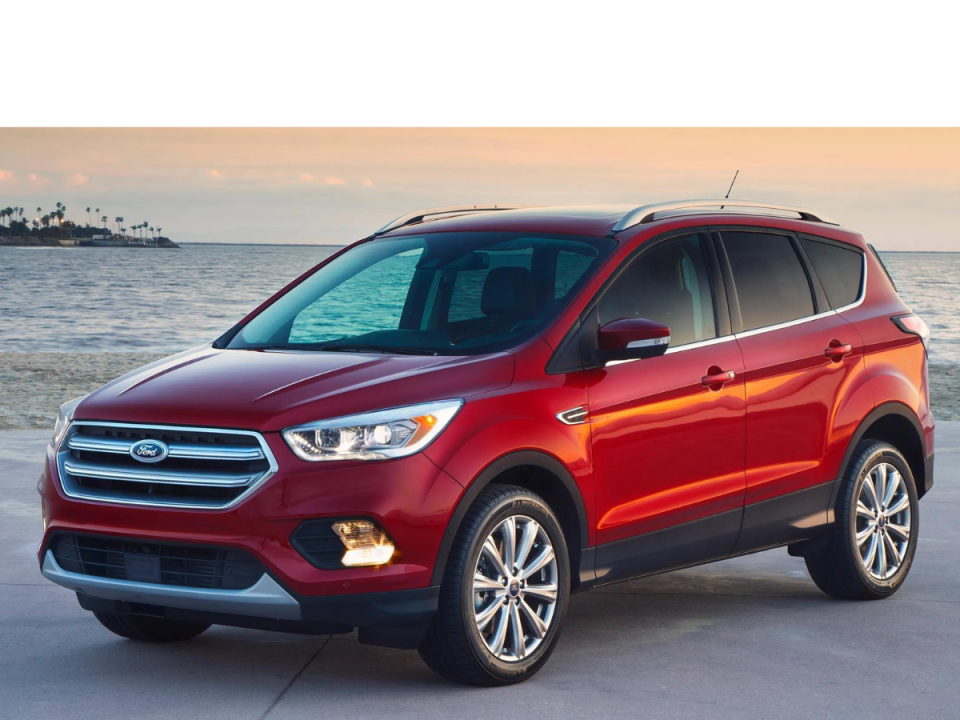Some sellers are overcharging customers on well-known vehicles like the Chevy Corvette Z06 and Ford F-150 Lightning, but the automakers are taking action.
Too many people are profiting from the lack of new cars by reselling their own recently acquired, high-demand autos. Dealers are frequently complicit in the behavior, which irks the impacted manufacturers.
People have started sharing new-car window stickers on social media in large numbers, showing that dealers are raising asking prices for new models by $20,000, $30,000, or even $50,000 while claiming that this is a “market adjustment.”
Ford has received the greatest criticism for these markups and has repeatedly made an effort to get its sellers to lower their prices. Ford acknowledged, in January, that a “small number” of dealerships were demanding consumers to pay more than the agreed-upon price for the 2022 F-150 Lightning electric truck. Even after the order had been placed, according to other sources.
In a letter to dealers, Ford complained that price extortion was “negatively affecting customer satisfaction and detrimental to the Ford Motor Company brand and Dealer Body reputation.” In addition, it forewarned dealers who were detected raising prices that they would not receive all the lightning that they and their clients had bought. The F-150 Raptor, Mustang Mach-E, Bronco, Bronco Sport, and other well-known Ford vehicles also saw price increases.
Ford had to issue a letter to dealers last week that was even stronger despite all of these new regulations. The company has now modified its definition of a broker and issued a warning that anybody found to have engaged in ordering and reselling a popular model may face penalties.
A first infraction could prevent receiving cars at a 1:1 ratio in subsequent orders. Therefore, if you overspend for a Lightning today, your future order for Lightning will be missing one car. For the current or next model year, a dealer who receives a second strike may not be able to purchase any more of that particular model.
